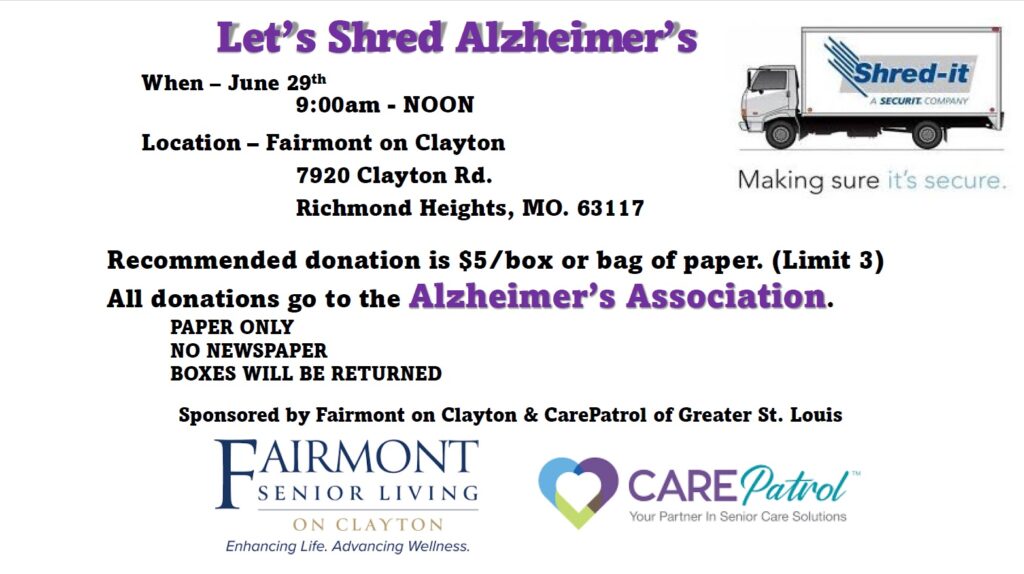Identifying and addressing sundowning triggers can help caregivers manage them and create a more supportive environment for dementia patients.
Read on to find out what triggers sundowning.
What is Sundowning?
Sundowning is a behavior commonly observed in people with dementia, particularly Alzheimer’s disease, where they become increasingly agitated, confused, or restless in the late afternoon or early evening.
Common Triggers for Sundowning
The exact cause of sundowning isn’t fully understood, but factors such as changes in light levels, fatigue, and disruptions in the body’s internal clock may contribute.
Below is a more extensive list of what triggers sundowning:
Biological Clock Disruptions
Changes in the body’s circadian rhythms can disrupt the sleep-wake cycle, leading to increased confusion and agitation as the day progresses.
Sensory Overload
Overstimulation from noise, lights, or other sensory inputs can overwhelm dementia patients, particularly in the evening when they may be more sensitive to environmental stimuli.
Dehydration or Hunger
Dementia patients may have difficulty recognizing or communicating their need for food or water, leading to increased agitation if they become thirsty or hungry.
Urinary or Bowel Issues
The need to use the bathroom can cause distress and confusion, especially if the patient has difficulty communicating or navigating to the toilet.
Medication Effects
Certain medications, including those used to manage dementia symptoms, may have side effects that worsen symptoms of sundowning.
Pain or Discomfort
Undiagnosed or unmanaged pain, discomfort, or physical ailments can exacerbate symptoms of sundowning, as patients may have difficulty expressing their discomfort.
Environmental Changes
Moving to a new environment or changes in surroundings can be disorienting for dementia patients, leading to increased confusion and agitation.
Emotional Stress
Feelings of anxiety, stress, or fear can be heightened in the evening, leading to increased agitation and confusion in dementia patients.
Lack of Meaningful Activity
Boredom or lack of engagement in meaningful activities during the day can contribute to restlessness and agitation in the evening.
Lack of Exposure to Natural Light
Limited exposure to natural light during the day can disrupt the body’s internal clock and contribute to symptoms of sundowning.
Underlying Medical Conditions
Other medical conditions, such as infections, delirium, or metabolic imbalances, can exacerbate symptoms of sundowning in dementia patients.
Alcohol or Caffeine Consumption
Stimulants like caffeine or alcohol can disrupt sleep patterns and worsen symptoms of sundowning if consumed in the hours leading up to bedtime.
Did you know that Daylight Saving Time (DST) can trigger sundowning?
Ways to Cope With Sundowning
Identifying and addressing potential triggers of sundowning can help caregivers better manage the condition and provide a more supportive and comfortable environment for dementia patients, especially during the evening hours.
A few ways to cope with the triggers of sundowning include:
- Establish a consistent daily routine
- Promote relaxation techniques
- Ensure a calming sleep environment
- Limit caffeine and alcohol consumption
- Provide opportunities for physical activity
How to Calm Dementia Patients at Night
Caring for dementia patients, especially at night when sundowning symptoms may worsen, requires patience, empathy, and understanding.
Here are some strategies to help calm dementia patients at night:
- Establish a calming bedtime routine: Create a consistent nightly routine that includes activities like gentle music, reading a book, or dimming the lights to signal that it’s time to wind down and prepare for sleep.
- Ensure a comfortable sleep environment: Make sure the bedroom is conducive to sleep by keeping the room at a comfortable temperature, minimizing noise and distractions, and ensuring the bed is comfortable.
- Use nightlights: Use nightlights or low-level lighting to help the patient navigate their surroundings if they wake up during the night.
- Monitor caffeine and alcohol intake: Limit the patient’s consumption of caffeine and alcohol, especially in the hours leading up to bedtime, as these substances can interfere with sleep patterns.
- Encourage relaxation techniques: Teach the patient relaxation techniques, such as deep breathing exercises, gentle stretching, or calming music, to help them relax before bedtime.
- Provide reassurance and comfort: If the patient becomes agitated or confused during the night, provide gentle reassurance and comfort. Use a calm, soothing voice, and avoid arguing or correcting their perceptions.
- Consider medication options: In some cases, healthcare providers may prescribe medications to help manage nighttime agitation or sleep disturbances in dementia patients. However, these should only be used under the guidance of a healthcare professional and after considering the potential risks and benefits.
- Maintain a consistent sleep schedule: Encourage the patient to maintain a regular sleep schedule by going to bed and waking up at the same time each day. Consistency can help regulate their sleep-wake cycle and reduce nighttime disturbances.
- Address underlying medical issues: Ensure that any underlying medical conditions contributing to sleep disturbances, such as pain, urinary tract infections, or medication side effects, are appropriately managed.
- Seek support: Caring for dementia patients can be challenging, especially at night. Don’t hesitate to seek support from healthcare professionals, support groups, or respite care services to help you manage the demands of caregiving and ensure the best possible care for your loved one.
Key Takeaways
Managing the symptoms of sundowning presents a significant challenge for individuals living with dementia and their families. Seeking professional assistance makes sense and can offer considerable benefits.
At Fairmont Senior Living, we proactively address the onset of sundowning by engaging our seniors in a variety of enriching activities. From gardening to seasonal events and cooking with homegrown produce, these activities foster physical activity, social interaction, and a sense of fulfillment for residents in both our assisted living and memory care programs. Through these tailored initiatives, we cultivate a vibrant and supportive community for seniors, emphasizing connection, purpose, and overall well-being. Schedule a tour of our facility today to see firsthand how your loved one can thrive at Fairmont Senior Living.



